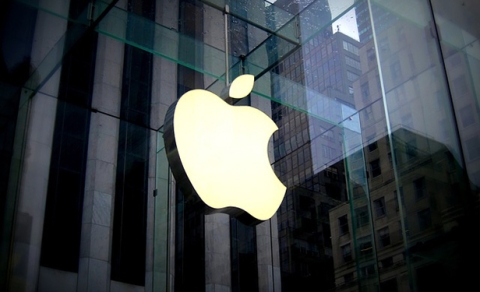Apple Revises Controversial Guidelines for Event and Exhibition Apps

Apple has published updated App Store guidelines, adding specific arrangement for exhibition and event mobile applications.
Apple uses the App Store Guidelines to work with app developers, to ensure that the programs offered through the company's App Store are in line with user experience standards.
In June, Apple announced iOS 11 and introduced changes to its App Review Guidelines. Among the changes was a section that had the event industry concerned:
Section 4.2.6: Apps created from a commercialized template or app generation service will be rejected.
This change was interpreted by many as a threat or even a potential death knell for branded third-party event mobile apps – and for event branding.
Kai Hattendorf, managing director/CEO of UFI, the global association of the exhibition industry, explained the issue.
"Let’s take Apple as an example: supposing we asked them to imagine offering apps for their own Apple events, doing so through an organizer called ‘Pears’,” said Hattendorf.
He continued, “According to the previous policy, they would be required to operate through a container app called ‘Pears’, which would include all Apple events.”
Organizations and companies throughout the industry reached out to Apple with their concerns – and the tech giant listened. The updated policy specifically calls out apps for exhibitions, stating that event apps can also be built on a template base or “white label” app base.
"The update marks the first time ever that Apple is citing our industry in its rules, which shows the growing awareness of the power of face to face events," Hattendorf said.
He added, “We are delighted with this news. We know from UFI research that the majority of exhibition organizers use 'white label apps' as the base for their mobile show applications, and - like many others - had reached out to Apple to share the concerns of our industry.”
The revised rule 4.2.6 now states that "... Another acceptable option for template providers is to create a single binary to host all client content in an aggregated or “picker” model, for example as ... an event app with separate entries for each client event.


Add new comment